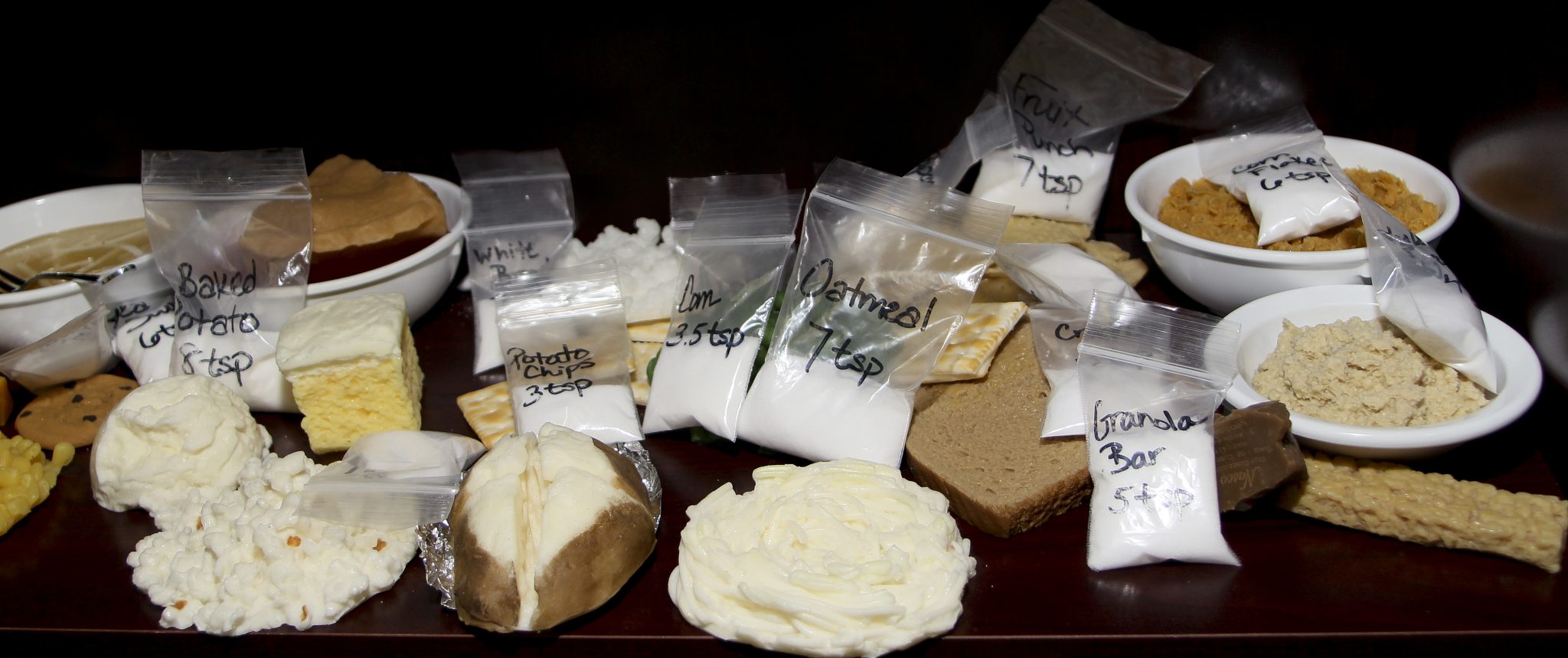Sugar Addiction (part 1). 7 Parallels Between Sugar and Drugs.

It is a well-known fact that drugs and alcohol are addictive. There is now more acceptance that certain foods, particularly sugar, can be addictive in some people. Studies show that sugar produces a similar brain response as drugs and alcohol by directly releasing dopamine, a neurotransmitter in the brain associated with the reward center. This can cause loss of control and lead to overeating.
As such, food and drugs are both mood-altering substances. When you eat sugar, your brain signals you to seek more sugar to experience another “high”. This continues to reinforce the pleasurable experience and will create repeated behavior.
You may not be aware how sugar plays a role in your eating habits. To show the parallel between drugs and sugar, look at the DSM-IV-R criteria for substance dependence (3 or more of the following in the past 12 months). Think about how they may also apply to certain foods as well.
Tolerance
Have you found that over time you need to eat more sugar more frequently or in greater amounts to feel better?
Withdrawal
Do you have any physical symptoms when the sugar wears off? Symptoms may include fatigue, irritability, a headache or feeling a bit shaky. Do you ever eat more sugar to relieve these symptoms?
Using more, or for a longer period than intended.
Does your sugar consumption turn into a binge with difficulty stopping?
Persistent desire but unsuccessful efforts to cut down or control use.
Have you tried to eat less sugar without success?
A great deal of time is spent to obtain or use the substance, or recover from its effects.
Do you spend a lot of time thinking about ways to get more sugar? For instance, driving to the store, planning what you will eat that evening? Are your work or activities interrupted because you are eating sugar? Is your concentration or performance effected after eating sugar?
Important social or work activities are given up because of substance use.
Examples might be considering food your best friend, eating in the car, staying home to eat alone, leaving the room to sneak food.
Substance use is continued despite knowledge that it is causing problems.
Do you continue to eat sugar even though you know it is causing weight gain? Are there times you frequently eat sugar to the point of feeling sick? Do you feel depressed or very guilty after eating large amounts of sugar?
Now that you’ve taken a personal inventory of the effect of sugar in your life, stay tuned for ways to avoid sugar. Limiting sugar can help compulsive eating, and may have been the missing piece to your weight loss success.












